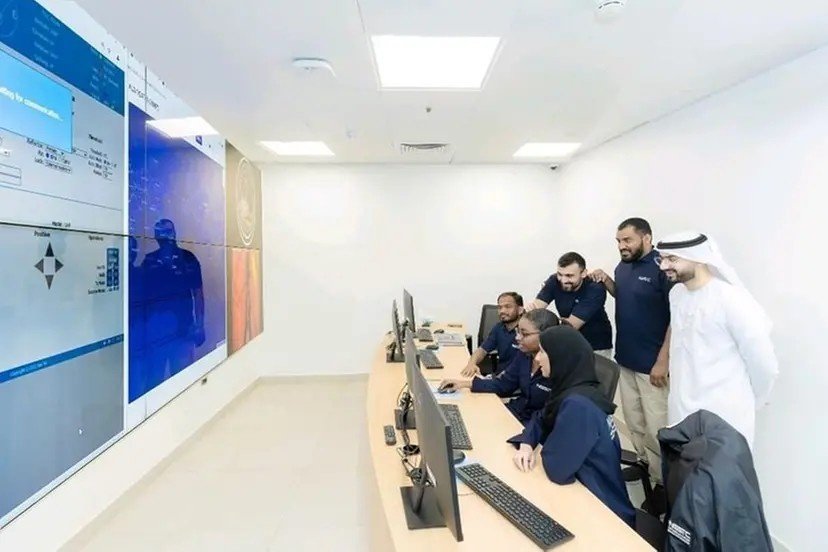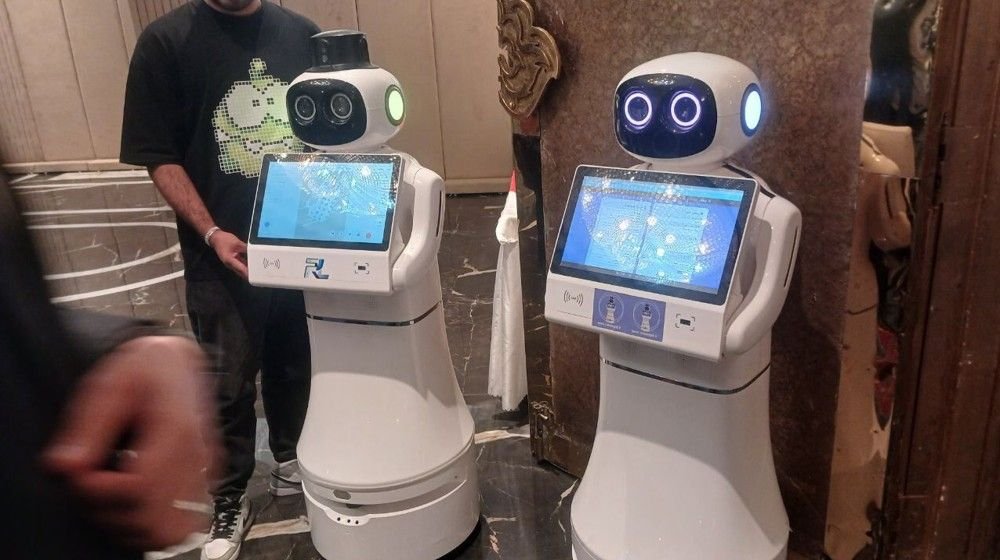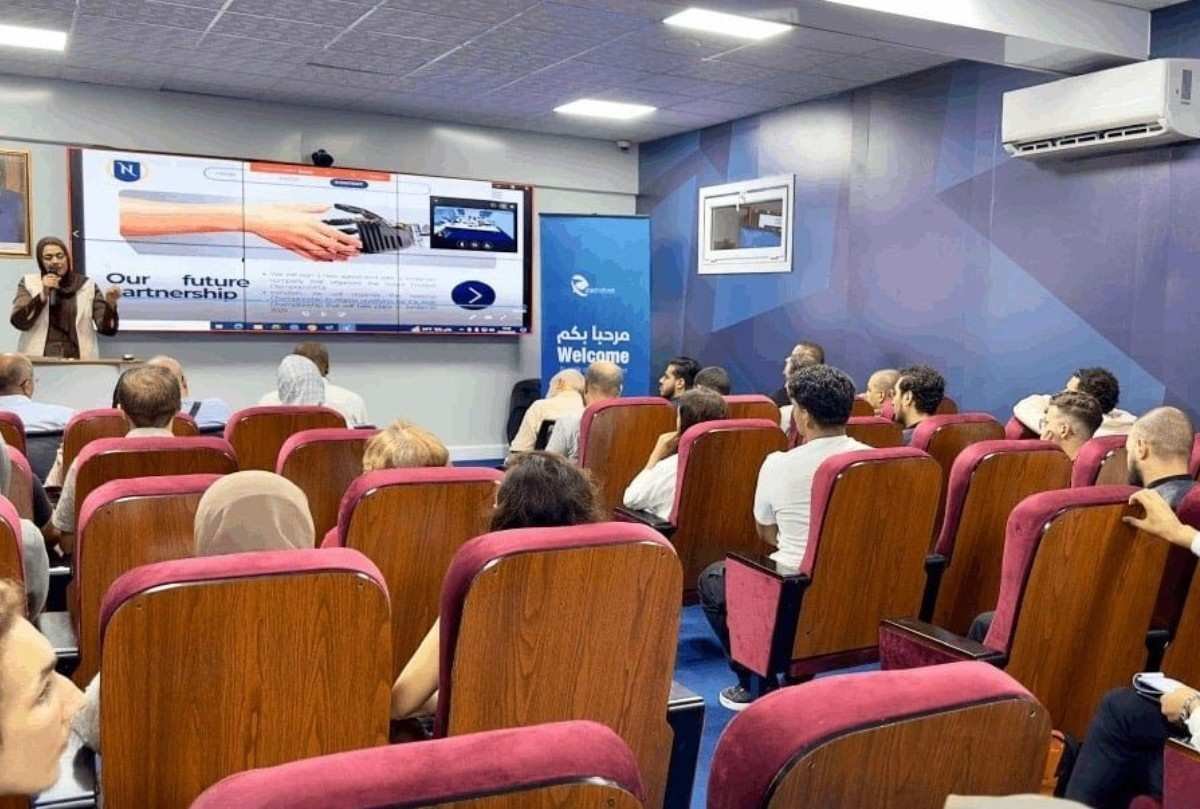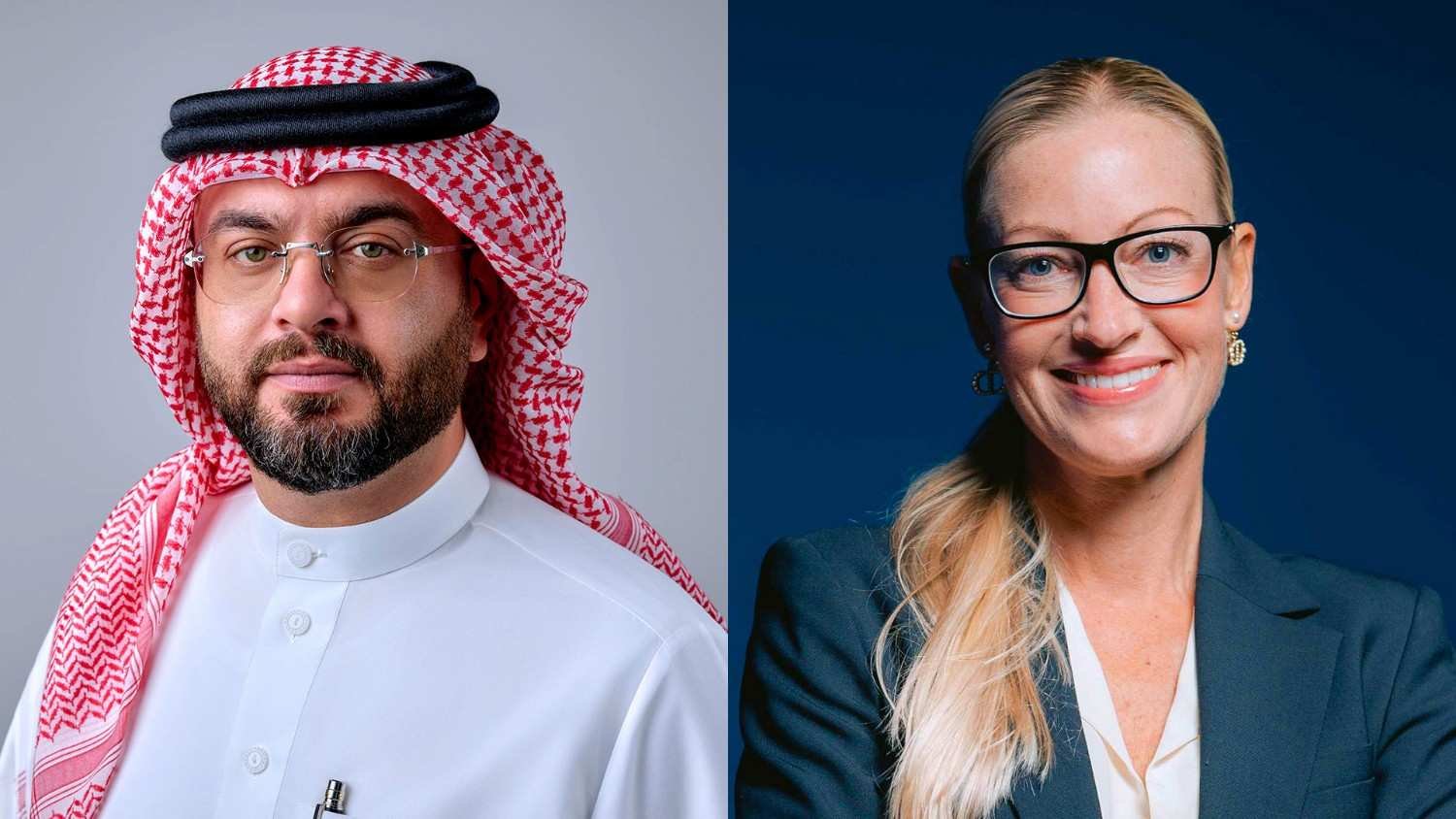The United Arab Emirates University (UAEU) has successfully launched its first satellite, “Al Ain Sat-1,” developed by the Geoscience and Remote Sensing Society (GRSS) in collaboration with the Institute of Electrical and Electronics Engineers (IEEE). The satellite was launched aboard the Falcon 9 SpaceX rocket, and the ground station successfully received its first signal.
Zaki Anwar Nusseibeh, Cultural Advisor to His Highness the UAE President and Chancellor of UAEU, celebrated the achievement, calling the satellite launch a historic milestone for the university. He credited the success to the dedication and tireless efforts of a team of researchers and experts working alongside leading global scientific institutions.
Nusseibeh emphasized that this remarkable accomplishment is a key moment in UAEU’s path toward leadership in scientific research and space sciences. It aligns with the UAE’s vision to strengthen the nation’s role in space exploration and foster advanced technological solutions. He further expressed his congratulations to the team and wished them continued success in completing the mission and achieving its goals. The satellite’s advanced design and technical capabilities are expected to significantly enhance the UAE’s capacity for remote sensing, providing critical data to support sustainable development efforts across various sectors.
The National Space Science and Technology Center has been integral in advancing space initiatives, facilitating collaboration between academia and the space industry. This initiative is part of the “Al AinSat-1” program, a joint effort with the GRSS and IEEE. The satellite, designed as a 3U CubeSat (10 cm x 10 cm x 30 cm, weighing 3.7 kg), operates in low Earth orbit.
This project aims to empower student teams from local and international universities, providing them with the opportunity to develop small satellites and exchange knowledge and expertise. It forms part of a broader effort by the center to foster an inspiring environment for students and researchers, nurturing their skills in the field of space technology.















